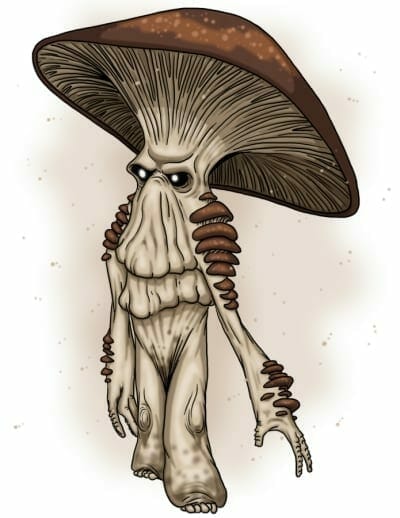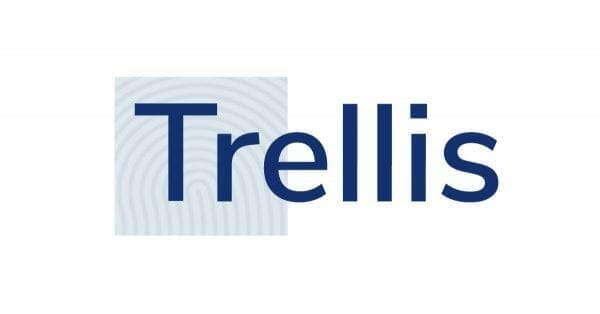A randomized, double-blind trial from Johns Hopkins in 2016 found that a single dose of psilocybin substantially improved quality of life and decreased depression and anxiety in people with life-threatening cancer diagnoses. Based on this information there has been a movement in a number of different states to decriminalize medical psilocybin for the purpose of medical study, much the same as cannabis prior to legalization. For that to become a reality more testing needs to be done, and that’s where companies like New Leaf Brands (NLB.C) and Mydecine come in.
Mydecine Group, a subsidiary of New Leaf Brands, is building an ecosystem of resources targeting the unlocked potential of fungi for human wellness.
They’re doing this through a combination of traditional medicine knowledge and modern scientific inquiry. At the centre of this endeavour are mushrooms that produce psilocybin, and the recent upsurge in medical interest regarding both the aforementioned chemical and other tryptamines. Mydecine intends to use various research partnerships, university collaborations and public advocacy groups to form a clear path to safe and effective use for medical psilocybin.
“With the growing public interest in mushroom applications for human health, Mydecine’s lab in Denver stands ready to provide the consumers with the information and innovation they desire,” said Rob Roscow, chief science officer of New Leaf Brands.
Psilocybin mushrooms are about a hundred times less potent than LSD and capable of altering perception of space and time, causing visual distortions, euphoria and experiences would describe as ‘mystical.’ But beyond the occasional psychedelic trip, mushrooms also have some health benefits, including as treatments for depression, obsessive-compulsive disorder, smoking cessation, alcoholism, cocaine addiction, cluster headaches, and cancer-related or other end-of-life psychological distress.
Mydecine has also announced the build out of a specialty mycology lab based in Denver, Colorado. The lab will be Mydecine’s place for the study, selection and cultivation of both valuable and rare fungal products, incorporating analytical chemistry, molecular biology, sequencing and tissue culture. The company believes that this potential in fungi is barely tapped and this lab will facilitate its efforts to bring the possibilities of food and wellness products to the public.
The company isn’t just planning to use this as an R&D shop for psychedelic mushrooms, but also work to support inquiry into improved mushroom product production as functional foods. So even for those of us who would prefer to push the normal, non-psychedelic mushrooms to the side of the plate, (and put our psychedelic mushrooms on pizza, or bathed in ketchup) we can’t ignore the information that they’re rich in B vitamins, like folate, thiamine, pantothenic acid and niacin
Weird science
Last week, New Leaf appointed Robert Roscow to be their new chief science officer. He was the former director of research of Ebbu, a leading cannabinoid research and technology firm in Colorado.
“The diversity of medical potential in mushroom compounds is astounding, the synergy of this knowledge with cutting-edge research and production presents a remarkable opportunity for advances in both pointed treatment of serious conditions as well as general wellness,” said Roscow.
Prior being acquired by Canopy Growth (WEED.T), Roscow’s daily operations included running the world’s first cannabis genomic editing lab, focusing on improving yield, filing patents nad establishing a cannabis tissue culture lab, as well as supporting the drug development team with relevant statistic analysis and experimental design.
—Joseph Morton


